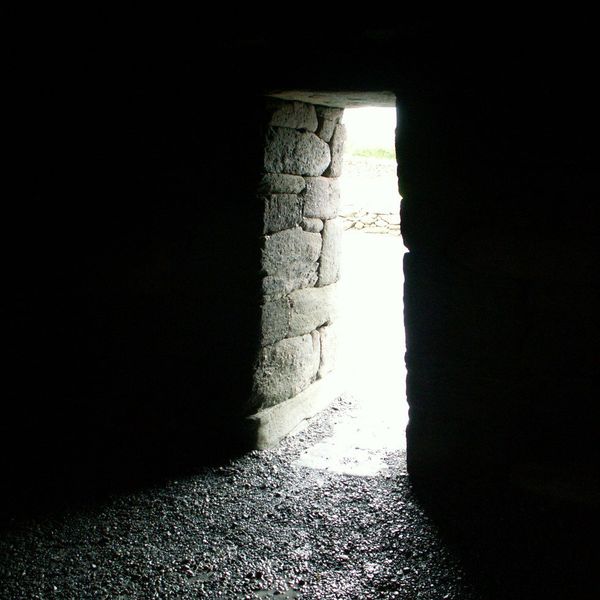Since joining Odyssey in the fall of 2015, I’ve written several articles and listicles on different aspects of Catholicism. I wrote an article on Pope Francis, an article on the phenomenon of Catholic guilt, a listicle of misconceptions about the Bible, and a listicle of the struggles that Catholic school kids face in college. Although the majority of these articles and listicles express my personal issues with Catholicism, I don’t believe they reflect my entire relationship with the faith.
My relationship with Catholicism is complicated, to say the least. But this doesn’t mean I’m incapable of recognizing the positive aspects of being raised Catholic. Here are a few examples of those positive aspects.
1. The sense of belonging
The word “Catholic” comes from the Greek word Katholikos, which roughly translates as “universal.” What makes Catholicism “universal” and sets it apart from Protestant sects of Christianity is its organization. Every Catholic church in the world, and therefore every Catholic, follows the doctrine set by the Holy See (Catholicism’s governing body, located in Vatican City). While two Protestant churches on the same street might be entirely different, two Catholic churches in separate countries will be relatively the same, apart from the language difference.
Knowing that you share the same religious faith with millions of people in dozens of countries can certainly be comforting, but I always felt a greater sense of belonging within my own parish. For the first 18 years of my life, I went to Mass every weekend at the same church. This meant that I would see the relatively same group of people every weekend of those 18 years. These people weren’t just fellow Catholics, they saw me grow up and I would come to care for them as if they were family.
2. The history
Even though I’m no longer a practicing Catholic, I still find the history of the Roman Catholic Church to be genuinely fascinating. Of course, studying the history of the Roman Catholic Church leads to discovering its questionable and even appalling actions. And while you can obviously study the history of the Roman Catholic Church without being Catholic, I believe that doing so can be beneficial to a Catholic's faith.
3.The comfort of faith
Although I’ve lost my faith in God, I can recall the inner peace it granted me. Believing in God and following the teachings of the Catholicism can help people cope with the stresses of life, as well as with concerns about the afterlife.
4. The morals
Let me be absolutely clear: I abhor the belief that someone cannot be moral without being religious. But I cannot deny that the lessons of the Gospels and Sacraments, as well as the lessons from the lives of Saints, were the foundation of my moral compass. I also cannot deny that I still often adhere to this moral compass, even though I am no longer a practicing Catholic.
5. The discipline
You can learn discipline as a Catholic in a variety of ways. You might learn it through the Sacrament of Reconciliation, in which you must have the discipline to recognize your sins and ask forgiveness for them. Alternately, you might learn discipline during Lent, when you are encouraged to give up something that you enjoy for 40 days (such as dessert, TV, etc.). Or like many Catholics, you might have learned discipline when you were a kid and had to pay attention during Mass.



















